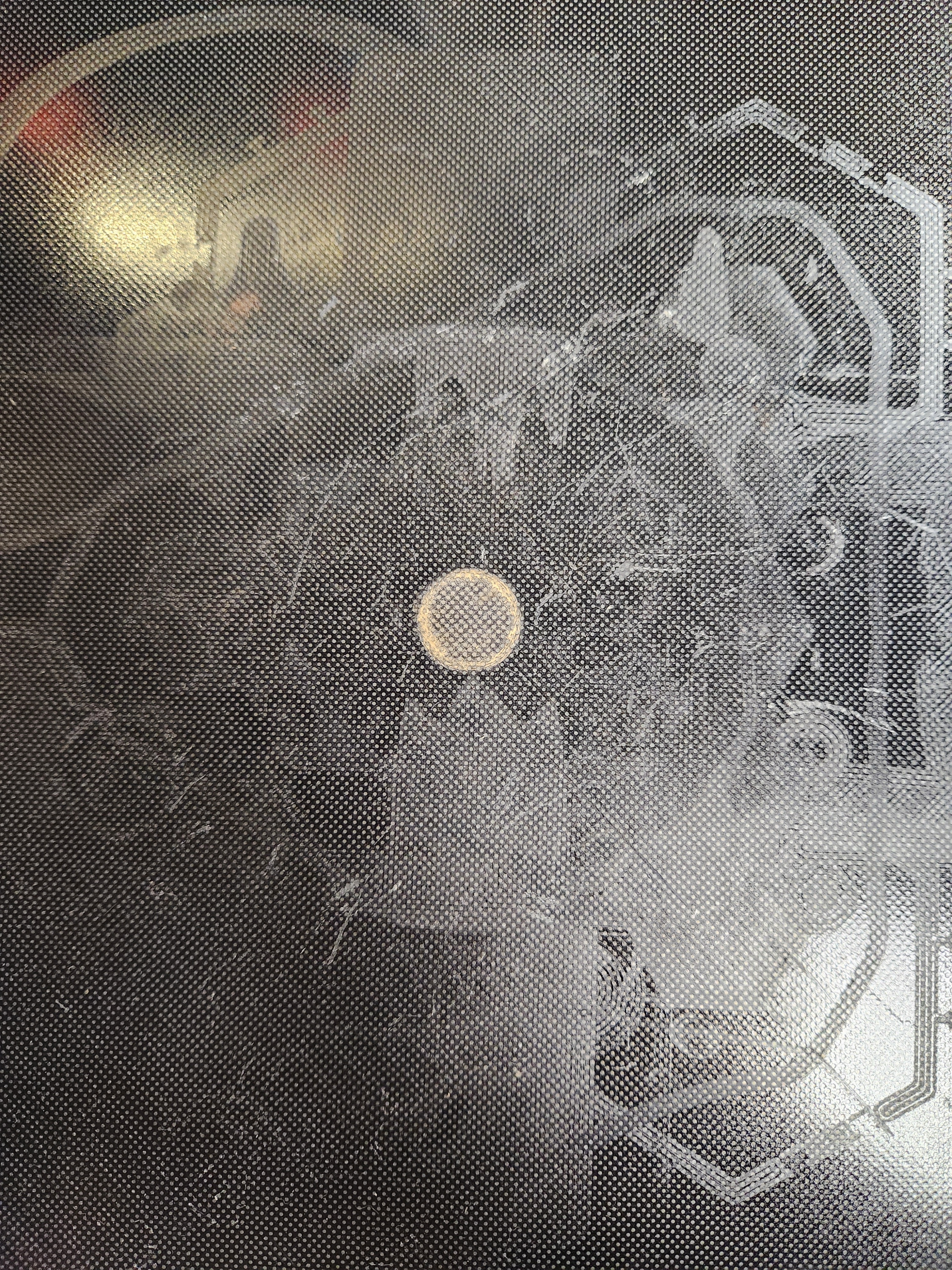I've interviewed for and been interviewed by companies large and small. We all know software engineer job interviews suck. But it's hard on the other side of the table too.
One of the better places I worked for had a lightweight process of one phone screen and a four hour on-site. The company also prepared offers before the on-site interview round.
When you finished interviewing, you got a same-day yes or no answer, and if it was yes, you had the offer in your inbox within an hour.
What interview practices have you found effective?
... And by what metric?

I have both. I do not think the OLED version is twice as nice, though it is noticeably improved.
If the cost is an issue, but doable, consider getting the LCD deck and putting the extra cash toward a TV dock and Bluetooth controller. The deck is awesome on the go (just took mine on vacation - 10/10) but it's also a fantastic console in its own right. I play a lot of PC games on my couch, even though my I have a decent desktop PC available.
Either one you purchase though, the Steam deck is the best gaming device I've ever owned. Access to the vast Steam library (even if not all titles are compatible yet), access to install whatever else TF I want - even competing stores, ~~emulation~~ nevermind.
It's just... 🤯